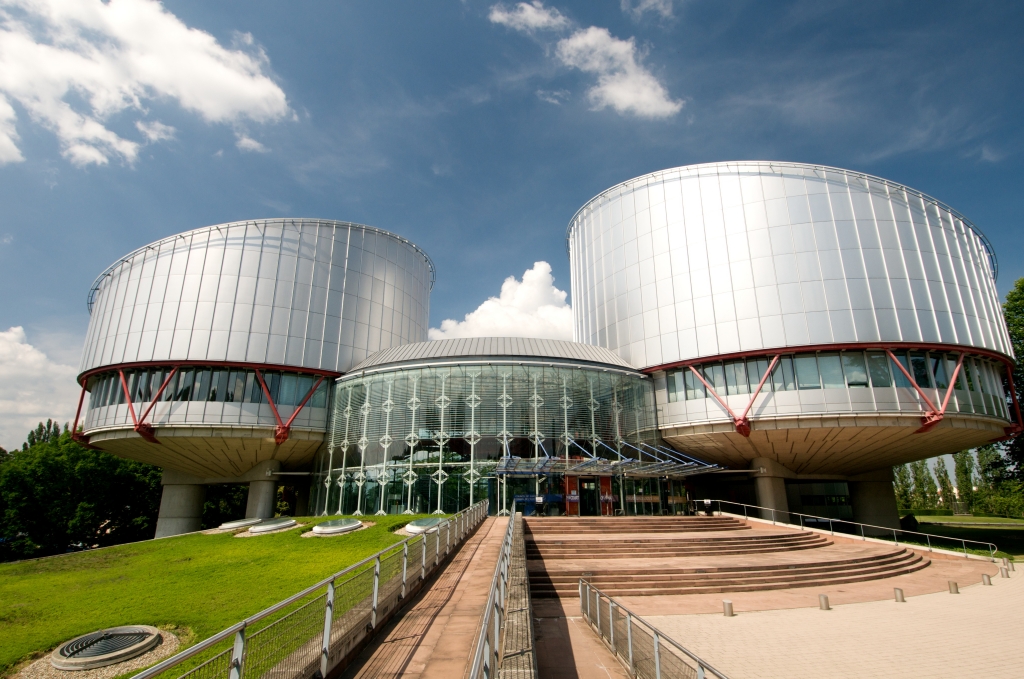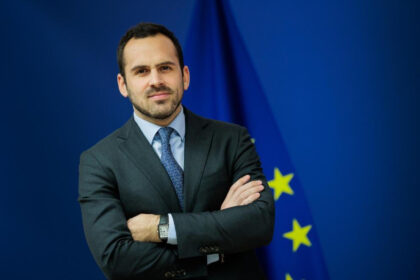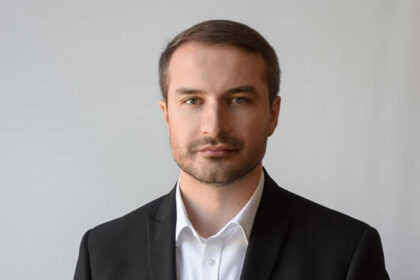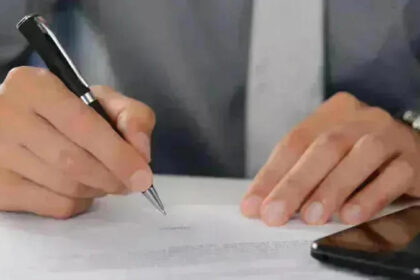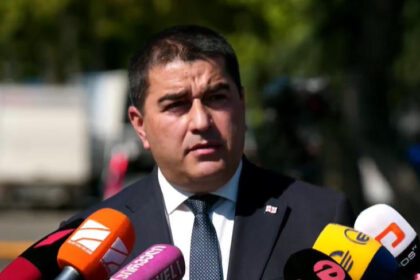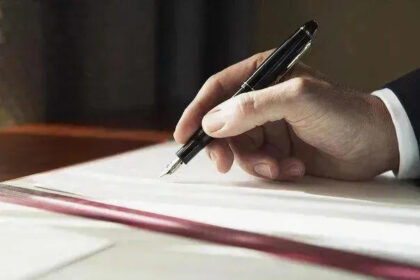**European Court Rules in Favor of Georgian Activists**
In a significant decision, the European Court of Human Rights (ECtHR) has found that Georgia violated the rights to fair trial and freedom of assembly in the case of two activists from the Shame Movement. The ruling is a major victory for Giorgi Mzhavanadze and Nodar Rukhadze, who were detained during post-election protests in 2020.
The drama unfolded on November 9, 2020, when Mzhavanadze and Rukhadze were arrested before the start of a COVID-19 curfew. The activists were charged with petty hooliganism and disobedience to police orders, but their supporters argued that they were simply trying to help protesters stay warm near the Parliament building. While one of them was sent to administrative detention for three days, the other was fined GEL 1,500 (approximately USD 550).
The ECtHR found that Georgia’s domestic courts had given too much weight to police statements, effectively shifting the burden of proof onto Mzhavanadze and Rukhadze. The court also ruled that their arrest and subsequent penalties constituted interference with their rights to freedom of expression and assembly.
**A Blow to Georgia’s Human Rights Record**
This ruling is a significant blow to Georgia’s human rights record, which has been under scrutiny for some time. The ECtHR ordered the government to pay Rukhadze EUR 529 for pecuniary damage and EUR 1,600 for non-pecuniary damage, as well as EUR 1,200 to Mzhavanadze in respect of non-pecuniary damage.
Commenting on the ruling, lawyer Eduard Marikashvili, who represented the activists’ interests before the court, wrote on social media: “Maybe one day, these Strasbourg judgments will help build better police, courts, stronger human rights standards – and a better Georgia.”
**The Impact of This Ruling**
This ruling could have significant implications for Georgia’s future. It highlights the need for reforms in the country’s justice system and policing practices. The government must take concrete steps to address these issues and ensure that citizens’ rights are protected.
As we analyze this decision, it becomes clear that the ECtHR is pushing Georgia to improve its human rights record. This ruling should serve as a wake-up call for the government to prioritize reforms and protect its citizens’ fundamental rights.
Read More @ civil.ge




